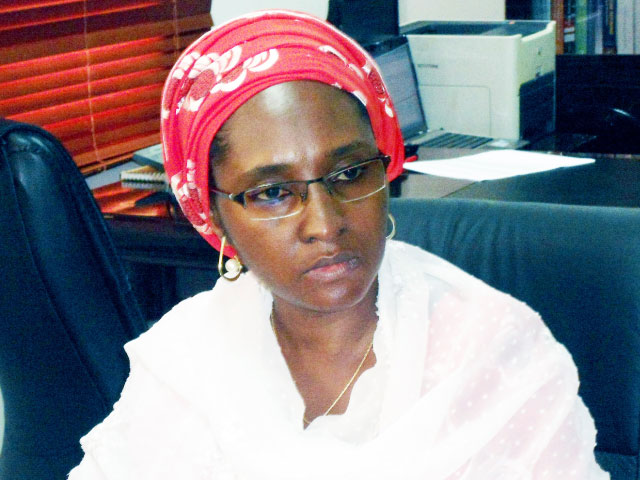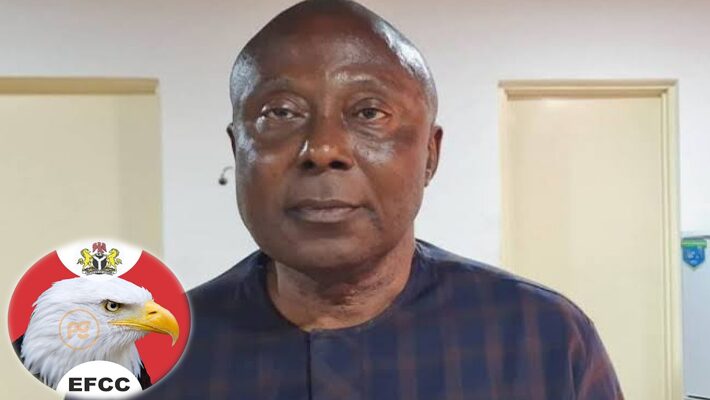- FG’s $2.86bn Eurobond Oversubscribed by $6.6bn
The Federal Government on Wednesday night said it received a combined offer of over $9.5bn for its $2.86bn Eurobond.
This was contained in a statement issued by the Media Adviser to the Minister of Finance, Paul Ella Abechi.
It said the bond was issued under its Global Medium Term Note Programme.
The bond represents Nigeria’s sixth Eurobond issuance, following issuances in 2011, 2013, two in 2017 and one in early 2018 and its first triple-tranche offering.
The offering, according to the statement, has attracted significant interest from leading global institutional investors resulting in an oversubscription rate of about 300 per cent.
It said the oversubscription demonstrated the on-going confidence of international capital market investors in the Nigerian economy.
The statement said despite significant oil and macroeconomic volatility, Nigeria had successfully raised its external debt requirements for the 2018 budget at a cost considerably lower than many of its peers across Sub-Saharan Africa.
The statement said the offer comprised a $1.18bn seven-year series, $1bn 12-year series and a $750m 30-year series.
It said the seven-year series would bear interest at a rate of 7.625 per cent, while the 12-year series would bear interest at a rate of 8.75 per cent.
It added that the 30-year series would bear interest at a rate of 9.25 per cent.
In each case, the ministry of finance explained that they would be repayable with a repayment of the principal on maturity.
The offering is expected to close on November 21, 2018, subject to the satisfaction of various customary closing conditions.
The ministry in the statement said the government intended to use the proceeds of the bond towards funding its fiscal deficit and other financing needs.
When issued, the bond will be admitted to the official list of the United Kingdom Listing Authority and available to trade on the London Stock Exchange’s regulated market.
The statement said the pricing of the bond was determined following a series of meetings with investors in London and conference calls with investors globally which was attended by top government officials.
Some of them are the Minister of Finance, Zainab Ahmed; the Minister of Budget and National Planning, Senator Udo Udoma; Central Bank of Nigeria Governor, Godwin Emefiele; Director-General of the Debt Management Office, Patience Oniha; and Director-General of the Budget Office of the Federation, Ben Akabueze.
Commenting on the successful pricing of the bond, the finance minister said, “Nigeria is investing strategically in critical capital projects to bridge our infrastructure deficit, provide a better operating environment for the private sector, and improve the standard of living of our citizens.
“The proceeds of this issuance will provide critical financing for projects in transportation, power, agriculture, housing, healthcare and education as well as the capital elements of our social investment programmes. Nigeria’s Economic Recovery and Growth plan is delivering results.”
The statement also quoted the DG of DMO to have said that Nigeria’s continued ability to access the international markets to raise capital was a testament to investor’s confidence which had been supported by continuous engagement with them on various reform initiatives and outcomes.
“The issuance of the Eurobonds, which received the prior approval of the Executive and Legislative arms of government, will not only provide capital to finance various projects, but also contribute towards the achievement of the Debt Management Strategy.
“The ability to raise $2.86bn, which is the exact amount the government needed in volatile and challenging market conditions, has been described as a stellar outcome,” she added.


 Naira4 weeks ago
Naira4 weeks ago
 News3 weeks ago
News3 weeks ago
 Education4 weeks ago
Education4 weeks ago
 Social Media4 weeks ago
Social Media4 weeks ago
 Economy4 weeks ago
Economy4 weeks ago
 Investment4 weeks ago
Investment4 weeks ago
 Dividends4 weeks ago
Dividends4 weeks ago
 Business3 weeks ago
Business3 weeks ago


























